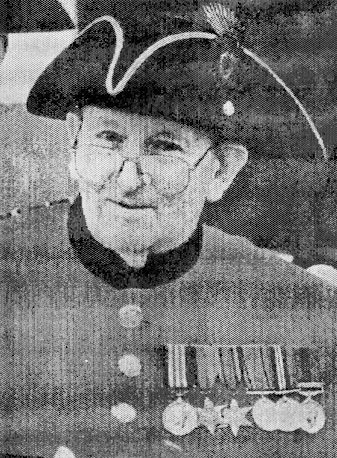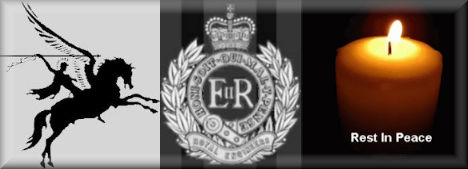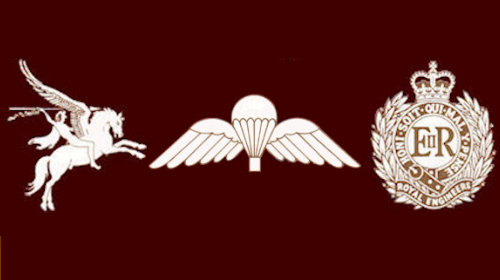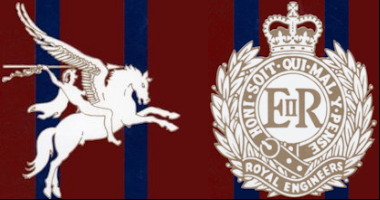
Roll of Honour

Leonard Pearson MM, August 1921 - May 2001
 |
Len was born in Yorkshire on 8th August 1921. After joining the Army he enlisted as an apprentice at Chepstow, and was quickly promoted, becoming a Boy Sergeant Major before being posted for service in Persia. It was feared that the Germans might try to link up with the Afrika Korps from the Caucasus and Len was employed mining possible lines of approach. In 1944, whilst helping to transport Kenya bound Polish POWs released by Starlin, Len contracted typhus and almost died. He was sent to recover at Poona, where he was recruited by Force 136. He was awarded a Military Medal for his work as a demolition expert in Burma, where he operated behind enemy lines as a Staff Sergeant Sapper with the Special Operations Executive's Force 136. He had been sent to Burma in 1945 initially to train Karens (the indigenous people of eastern Burma) and Burmese in the handling and use of small arms and explosives. His skills were such, however that he soon became an operative. Completing a parachute course in such haste that his final training jump was made operationally. |
Len's group was charged with recruiting Karens whilst also disrupting enemy supply lines and communications as a prelude to General Slim's final assault on the Japanese. They had been operating for 9 months when a decision was made at HQ to take the town of Tongoo before the monsoon, in order to prevent the Japanese from reinforcing it and blocking the way to Rangoon. The intention was to inflict maximum damage of the enemy, destroying their morale by ambushing convoys and rendering roads and bridges unusable by blowing them up. Len's job was to lay explosives in potholes on a 5 mile stretch of road, remaining close by and waiting for the leading vehicle to drive directly over the charge before setting it off by hand. Once the convoy had been halted, Len's Karen soldiers would shoot the Japanese troops as they piled out of their vehicles. Len accounted for more than 100 Japanese vehicles, demonstrating extreme bravery and behaving with great coolness and determination in exceptionally difficult conditions. He was seen to be operating well beyond his rank and was offered an immediate commission. But Len, an unfailing modest man declined, judging himself to be from the wrong social background.
The loss of his home to a fire, and his wife's death shortly after prompted Len's decision to move to the Royal Hospital Chelsea. At the time of his death he had contended with the effects of his stroke for more than 30 years but he was determined to remain independent, always showing great courtesy but gently reprimanding anyone who, as he saw it, inconvenienced themselves to help him. Len was proud to wear the uniform of the Royal Hospital Chelsea and was one of nine holders of the Military Medal living there. He is survived by his three children.












